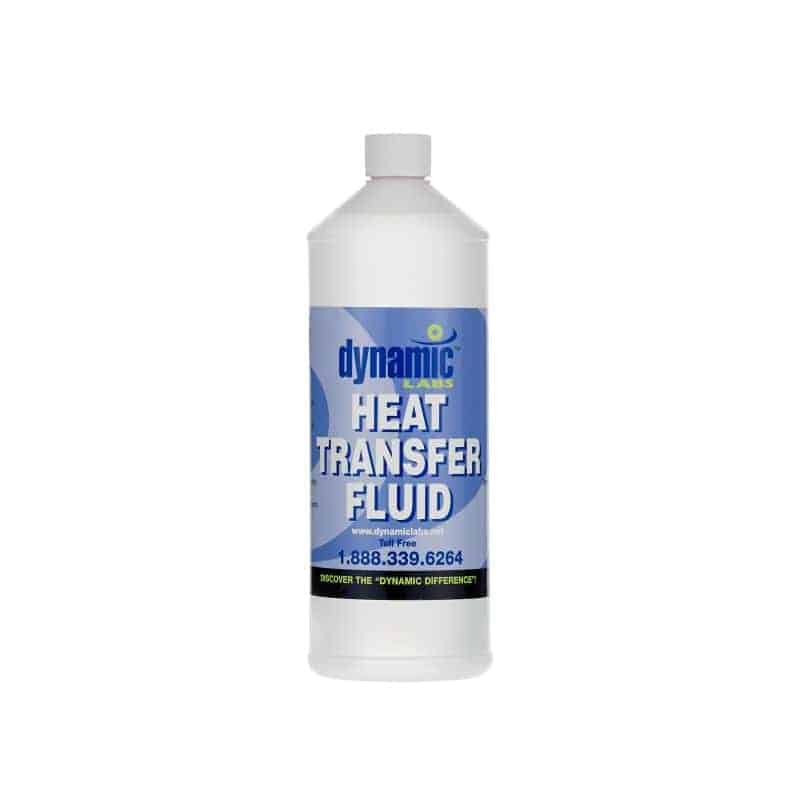Dielectric Cooling Fluid: The Next Generation of Efficient Cooling Solutions
Dielectric Cooling Fluid: The Next Generation of Efficient Cooling Solutions
Blog Article
Why Choosing the Right Heat Transfer Fluid Is Important for Optimal System Performance
Choosing a suitable heat transfer liquid is a crucial choice that can substantially affect system effectiveness and functional prices. The ideal fluid not only enhances thermal efficiency yet likewise guarantees long life and reliability of tools, minimizing the danger of pricey downtimes. Trick buildings such as thermal conductivity, viscosity, and thermal security should be very carefully reviewed to optimize energy usage and prevent potential failures. As the implications of this choice expand far past immediate efficiency, comprehending the nuances of liquid choice ends up being essential for anyone seeking to attain ideal system effectiveness. What factors should be focused on in this vital decision-making process?
Significance of Heat Transfer Fluids
What function do warmth transfer fluids play in commercial procedures? Warm transfer liquids are vital for the efficient transfer of thermal power within numerous industrial systems.
The option of heat transfer liquid can significantly influence energy tools, efficiency, and safety and security longevity. Fluids should be capable of standing up to high temperature levels and pressures without breaking down, along with exhibit very little volatility and low toxicity. Their performance straight affects not only the efficiency of the system however likewise its operational prices.
Additionally, warm transfer liquids play a vital duty in preserving process control, making certain that temperature variations are reduced. This is particularly important in delicate applications such as drugs and petrochemicals, where specific temperature level administration is critical. Generally, the importance of picking the best warm transfer liquid can not be overemphasized, as it is important to maximizing industrial processes and enhancing overall system efficiency.
Key Properties to Consider
When selecting a warm transfer liquid, which crucial properties should be focused on to make certain ideal efficiency? Most importantly, thermal conductivity is critical; a liquid with high thermal conductivity will efficiently move heat, minimizing power loss. Additionally, the certain warmth capability of the fluid is vital, as it determines just how much power the fluid can save and release, influencing total system responsiveness.
Thickness is one more considerable building to think about, as it affects the fluid's circulation characteristics; reduced viscosity liquids are normally favored for simpler circulation and lowered pumping power. The liquid's temperature level range is equally important; it has to carry out successfully within the functional temperatures of the system without degrading or vaporizing.
Consider the ecological effect and safety and security account of the liquid, as policies and sustainability goals progressively affect fluid selection. By focusing on these key residential properties, one can pick a warm transfer fluid that enhances system resilience and dependability.

Effect on System Performance
The choice of heat transfer liquid directly affects system effectiveness, impacting both energy consumption and operational performance. A fluid's thermal conductivity, viscosity, and heat ability play pivotal functions in just how successfully it transfers warm within a system. Ideal fluid homes guarantee that heat is soaked up and distributed efficiently, decreasing energy losses and boosting the total efficiency of the system.

In addition, the compatibility of the fluid with system materials can significantly affect performance. A fluid that creates deterioration or degradation can cause leaks and system failings, even more decreasing efficiency. In summary, the appropriate warmth transfer fluid not only optimizes energy performance and decreases costs but also boosts the dependability and durability of the system, making it an essential consideration for designers and decision-makers in thermal management applications.
Typical Kinds Of Heat Transfer Fluids
A selection of warm transfer liquids are typically utilized in thermal administration systems, each with distinct residential properties matched to particular applications. Water is one of the most commonly used warmth transfer fluids due to its high specific heat capability, reduced expense, and schedule. Nonetheless, its freezing factor limits its use in low-temperature applications.
Thermal oils, commonly obtained from oil, are an additional prominent option, particularly in high-temperature systems. These fluids can run at raised temperature levels without evaporating, making them perfect for commercial applications. Nonetheless, they might have restrictions concerning thermal stability.
Refrigerants, made use of largely in cooling down systems, have unique thermodynamic residential or commercial properties that allow for effective heat transfer at reduced temperature levels. Their option is critical to make sure effectiveness and conformity with ecological guidelines.

Additionally, stage change materials (PCMs) are gaining grip for their capability to soak up Clicking Here and release substantial quantities of heat throughout stage shifts, providing a special remedy for thermal energy storage space. Each liquid's certain attributes must be evaluated for optimal efficiency.
Best Practices for Choice
Choosing the proper heat transfer liquid entails cautious factor to consider of several essential elements that line up with the specific needs of the application. Second, take into consideration the click this fluid's thermal conductivity, which influences heat transfer prices; higher thermal conductivity generally leads to boosted efficiency.
In addition, assess the fluid's viscosity, as it influences pumping power and overall system efficiency. Lower viscosity liquids normally lower energy consumption during circulation. Compatibility with system products is an additional critical element; make sure that the fluid does not cause rust or degradation of components and pipelines.
Following, consider the fluid's stability and longevity, especially in high-temperature applications. A secure fluid decreases upkeep and substitute expenses. Ecological and security laws ought to direct your choice process, emphasizing non-toxic and environmentally friendly alternatives when possible.
Conclusion
In final thought, choosing the suitable warmth transfer fluid is crucial for attaining ideal system effectiveness. The best fluid boosts thermal conductivity, decreases energy losses, and promotes devices long life, inevitably resulting in improved system reliability and performance. Understanding the key residential properties and effects of different liquids on system performance is vital for informed decision-making. Complying with ideal methods in liquid selection can result in significant lasting cost savings and operational effectiveness.
Warmth transfer fluids are vital for the efficient transfer of thermal energy within various industrial systems. In this post addition, the details heat ability of the fluid is vital, as it establishes just how much energy the fluid can launch and keep, affecting total system responsiveness.
Consider the environmental effect and safety profile of the liquid, as regulations and sustainability objectives progressively influence liquid selection - thermal oil. A liquid's thermal conductivity, thickness, and warmth ability play critical duties in how properly it moves warmth within a system. Water is one of the most widely used heat transfer fluids due to its high specific warmth capacity, low expense, and accessibility
Report this page